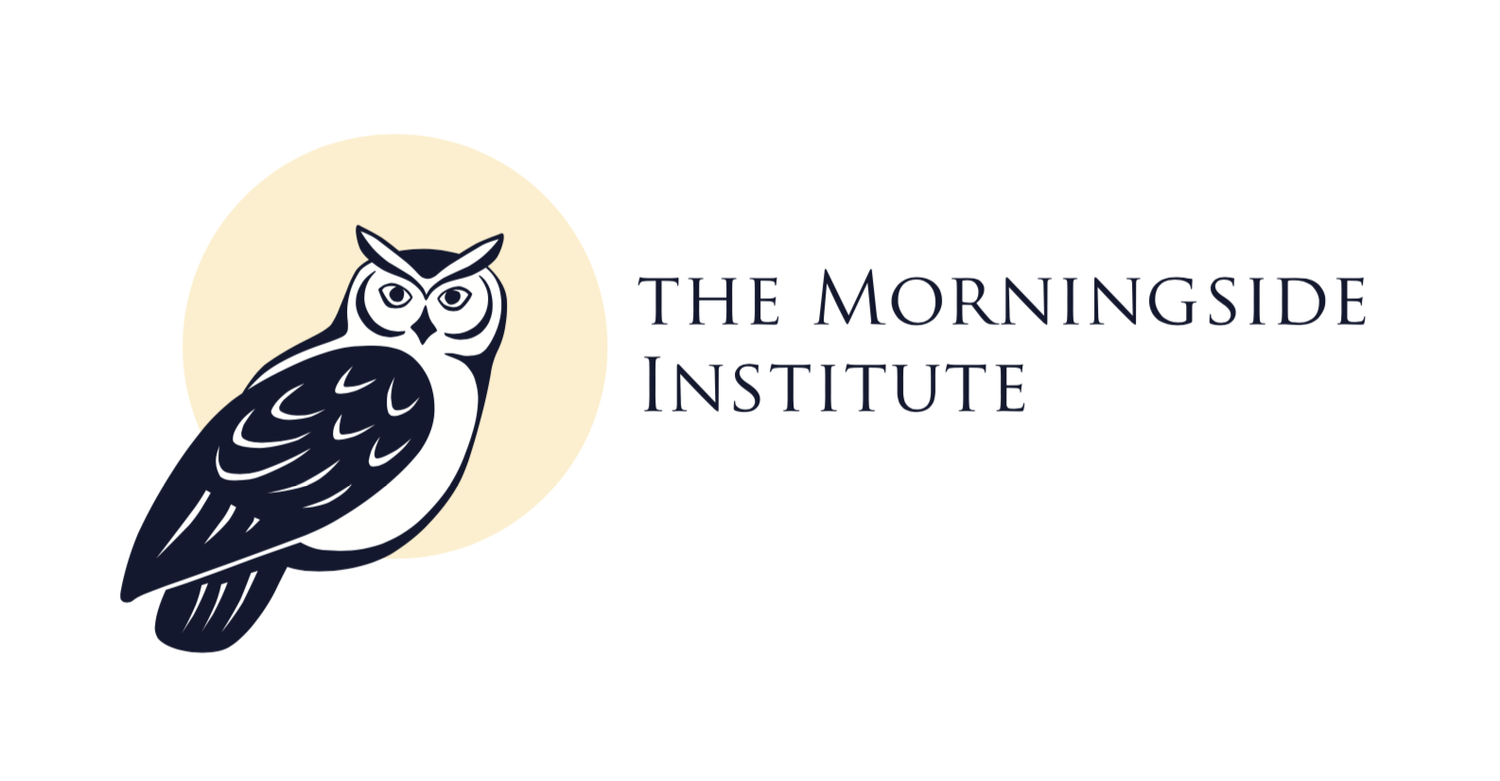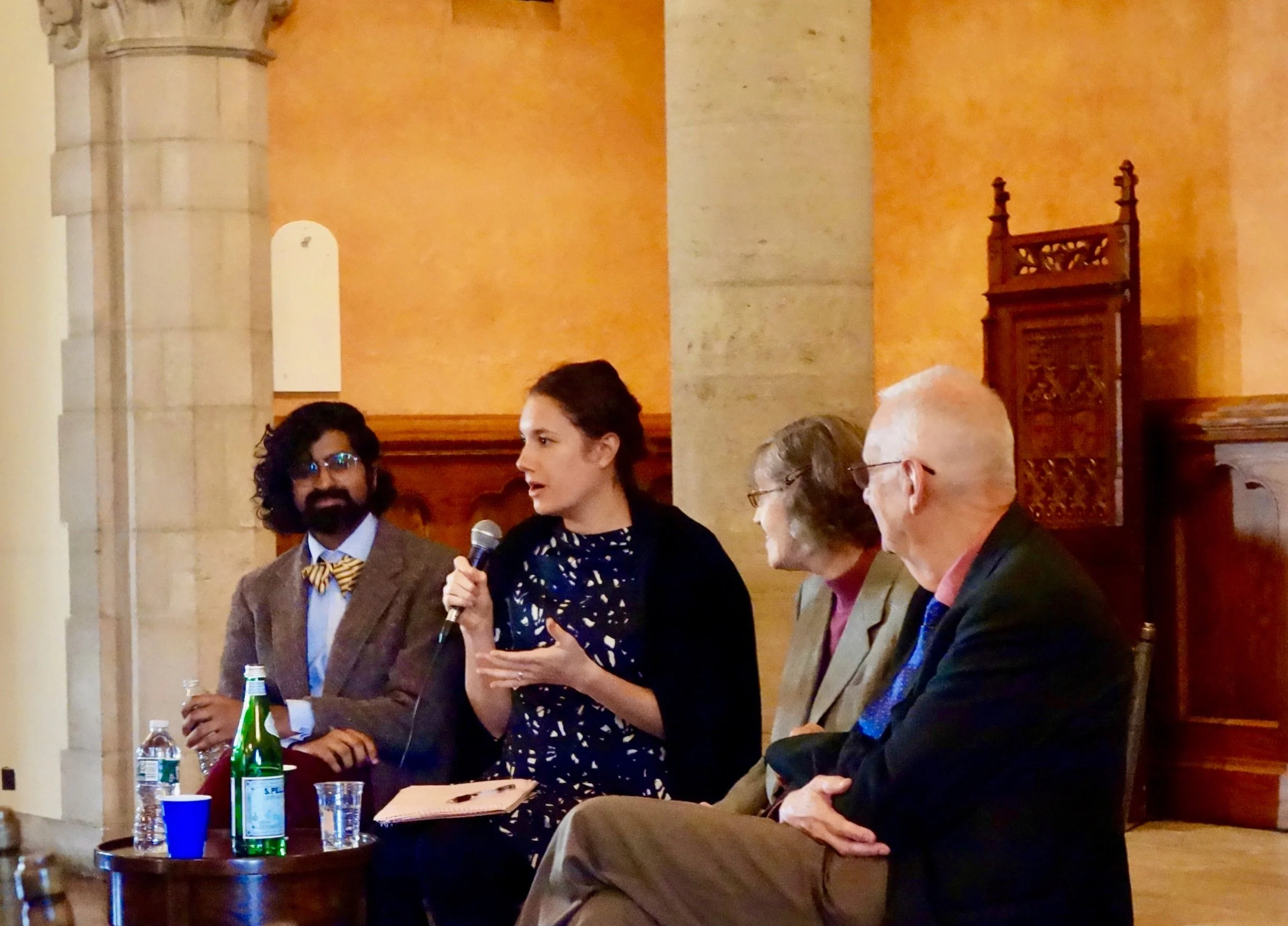Popular theories like game theory try to explain why people find it rational to accept risk when making decisions, especially economic ones. But as thinkers such as Kierkegaard and Pascal argued, accepting risk factors into the greatest questions of life, such as whether or not to profess faith in a particular religious creed or philosophy. Join us for a lecture from Prof. Lara Buchak (Princeton) on how our understanding of rationality and risk can help us understand what faith is and when it might be rational to have faith.
Lara Buchak is a Professor in the Philosophy Department at Princeton University.
This lecture was given at the Morningside Institute on May 7, 2021. The Morningside Institute brings scholars and students together to examine human life beyond the classroom and consider its deepest questions through the life of New York City. For more information about upcoming events, please visit https://www.morningsideinstitute.org.

